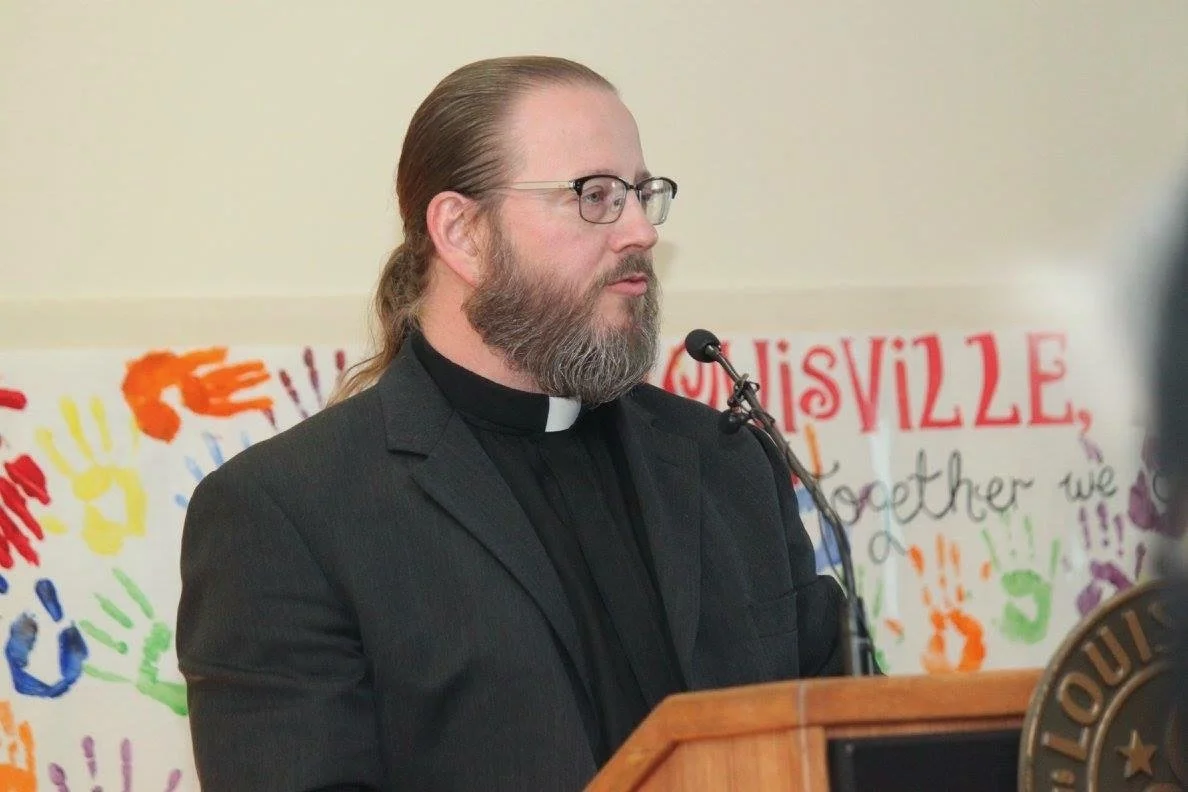Why Are You so Political? I Thought You Were Supposed to Be a Minister
Breaking: People get all twisted up when they hear the word politics from somebody like me--you know, somebody who's supposed to be a minister. To them, I'm merely a "minister" (scare quotes intended). They squint suspiciously, like I've just dropped a four-letter word in the middle of communion. "Preacher," they say, "I don't know what kind of seminary you went to, but you're supposed to be talking about Jesus, not politics."
Fine. I know I'm not everybody's cup of tea (which, frankly, I don't quite understand; I'm a joy).
But here's the thing: when Jesus talks about the reign of God, he's not spinning some vague spiritual metaphor. He's talking about a different kind of community—a polis (loosely translated from Greek, from which we get the word polis), where the rules are upside-down and the last get invited to jump the line and sit at the head of the table. That's political. Not because it's partisan, but because it's about how we choose to live together. It's about who gets seen and who gets shoved to the margins.
See, politics isn't just about closed-door deals and bloviating hairdos yelling over each other on cable news. Politics is the question we keep answering every day about what kind of world we're building together. Who gets a seat at the table. Who gets fed. Who gets heard without having to shout.
And if the church doesn't have anything to say about that, then maybe we ought to just admit we prefer our Jesus a little more insipid and uninteresting. You know, a Jesus content to let us practice our faith in the first person singular, while ignoring the first person plural. A Jesus who never presses us on who's being excluded, ignored, or left behind in our systems. A child-safety approved Fisher-Price Jesus with all the sharp corners removed, and easy on the political and economic sensibilities.
But the actual Jesus? The one we keep reading about but try really hard not to notice? He's a lot more specific. And let's be honest: if we're not ready to follow that Jesus, the one with dirt on his feet and justice on his lips, we might as well just pack up the hymnals and go home. Because this thing we're doing? It was never supposed to be a polite Sunday club for the economically stable and the spiritually well-adjusted. It was always supposed to be a revolution of grace and welcome. And revolutions tend to make people uncomfortable.
Jesus' early followers didn't get in trouble because they were polite. They got in trouble because they said there's a new world on the way, and it doesn't look like anything Caesar's.
So when people say, "You're being too political," maybe what they're really saying is, "You're making me uncomfortable."
To which I say, "Good." Because the gospel isn't supposed to lull us back to sleep. It's supposed to wake us up. Not to the world as it is in all its meanness and fear, but to the world as it could be. According to Jesus, as it should be.
That's what we're supposed to be doing here, not peddling religious insurance policies, but building a community where justice isn't an afterthought, but the blueprint.
So yeah, I talk politics. Because Jesus talked politics. Because love is political. Because forming a people who look like Jesus in a world that looks like empire will always be political. The question isn't whether the church is political. The question is: whose politics are we preaching?

